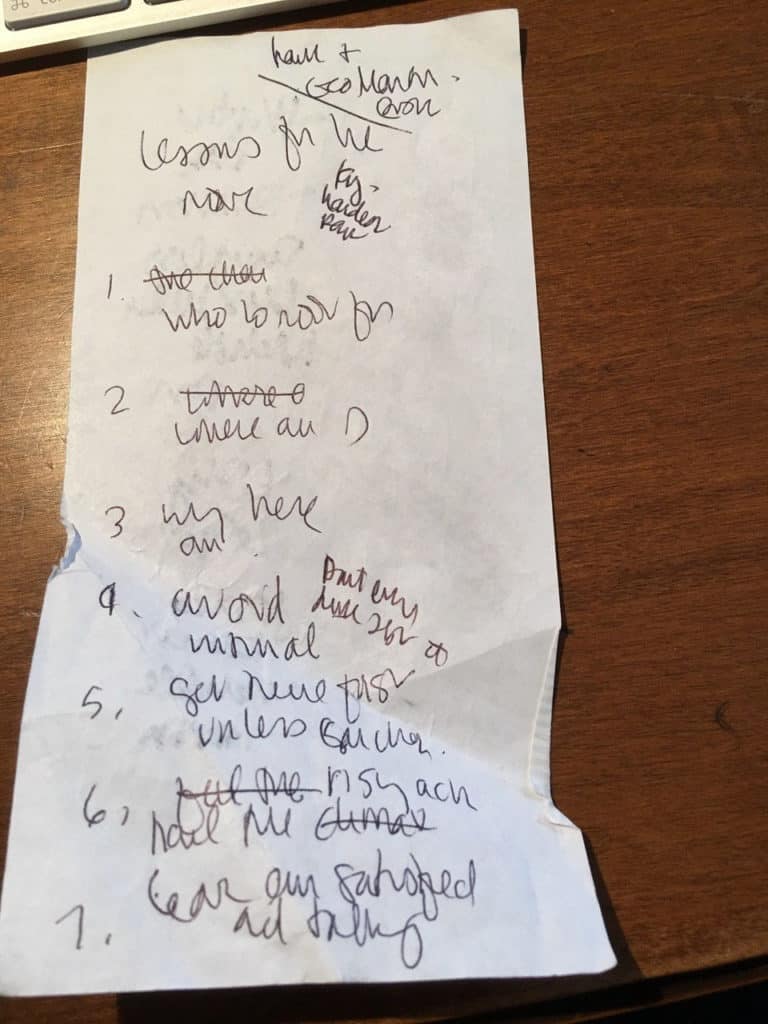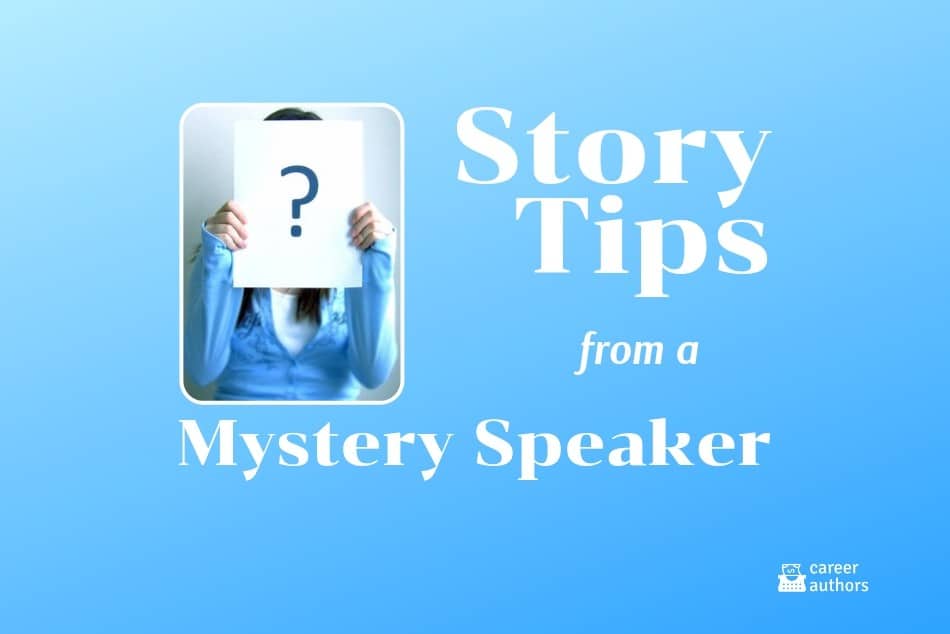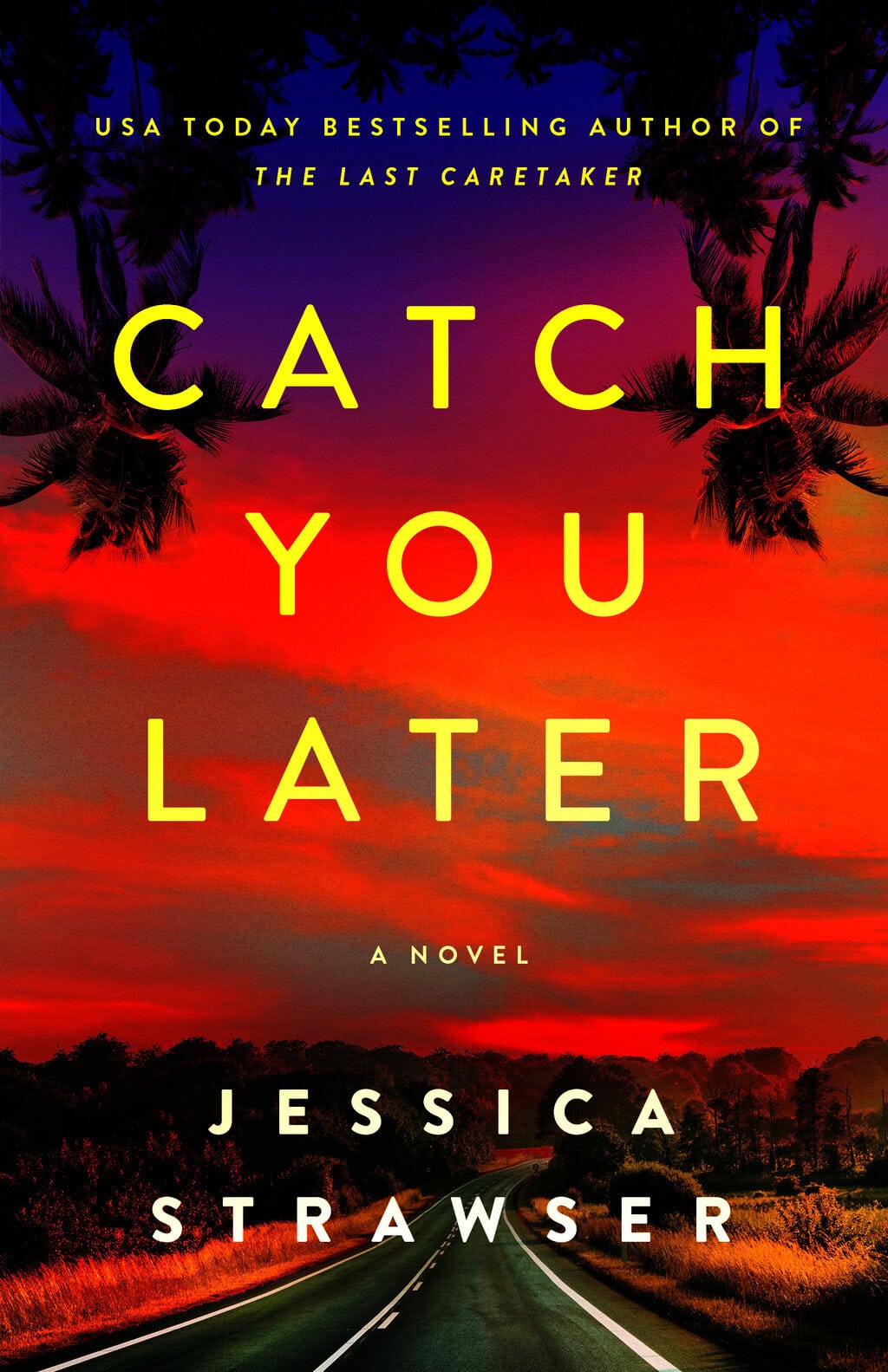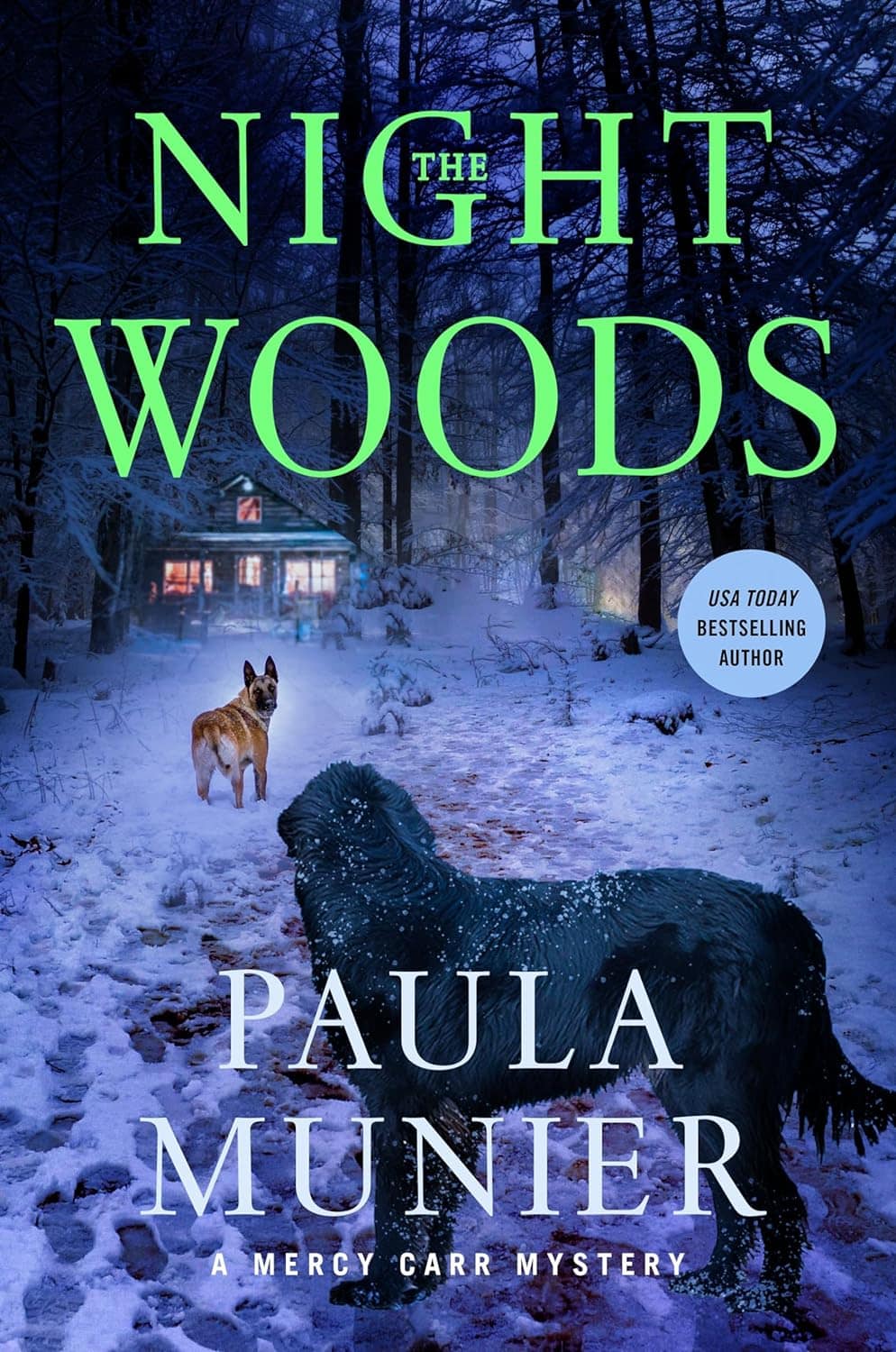by Hank Phillippi Ryan (and a mystery guest)
Lesson number one. If you are taking notes, write down where you are and who is speaking. I have been to endless (but wonderful) writing conventions and seminars, and one of the joys is that I learn something new and valuable every time.
No header, no attribution
 But this morning I found a scrap of paper with notes in my handwriting, in a stack of similar scraps, clearly taken at such a conference. (Lesson two: get a notebook.) No header, no attribution, no location, no date.
But this morning I found a scrap of paper with notes in my handwriting, in a stack of similar scraps, clearly taken at such a conference. (Lesson two: get a notebook.) No header, no attribution, no location, no date.
Still. From what I could decipher—remember, I wrote these notes myself!—it’s a truly valuable lesson in…something.
The list is titled: Lessons for the… and then there’s a word that’s either “novel” or “movie.” Okay, I thought, either one could be useful.
Each entry a mystery
The first entry is:
1. The char But then, that is crossed out and in its place is written: Who to root for
Then
2. Where am I
Then
3. Why here am
(I guess Yoda had taken over my brain by then, but we understand. And I realized that whether this mysterious list is about lessons for a novel or movie, these are indeed the top three things to remember. The list goes on.)
4. Avoid internal and then in parentheses: don’t even think about
5. get there fast unless (and then, excruciatingly, is a word I cannot decipher)
Then an even more indecipherable one which says
6. feel the (but then that’s crossed out) Then: rising action until the climax. (But then climax is crossed out.)
And finally:
7. leave ’em satisfied and talking
Grateful to whomever for the story tips
But you know? I’m happy I found this. And I am grateful to whomever offered this list. Because whether you are beginning your novel or in the final stages of editing, these are points that will clarify and solidify your story.
Who where and why
Obvs. Those are critical to any book. But I have read many manuscripts where I have no idea of any of these even after reading an entire page.
Don’t even think about internal thought unless
Well, there are reasons you need it. Sometimes. But can you show what’s happening instead of having someone mull or ruminate or consider or weigh or balance?
Get there fast
Absolutely. Because how many times have you been reading a book, and at some point, start skimming to find the place where something actually happens? There’s rarely a need to shilly-shally or delay or describe or stick in a bunch of setting just to make your word count. Savvy readers know you’re doing this! And they will skip it anyway.
Rising action until the …
Okay, great. Or you might say: advance the story. Keep it going. Make it interesting and intriguing and compelling. More and more and more, with rising stakes and critical action and a main character with an increasing compulsion to do whatever it is that drives them.
And leave ’em satisfied and talking?
Perfect. What’s better than to finish a book and say wow—all the loose ends tied up. I should have seen that coming, brilliant, ingenious. perfect. And what’s the next thing you do? Tell a friend.
So thank you, whomever. Apparently, I couldn’t write quickly (or legibly) enough to take in all you said. But I got enough to understand it’s good stuff! And if I see you on the circuit, please let me know. Love to give you credit for this.
Anyone else take these same notes? I have no idea when or where I took them! Let’s chat on the Career Authors Facebook Page!
Now, get writing!





